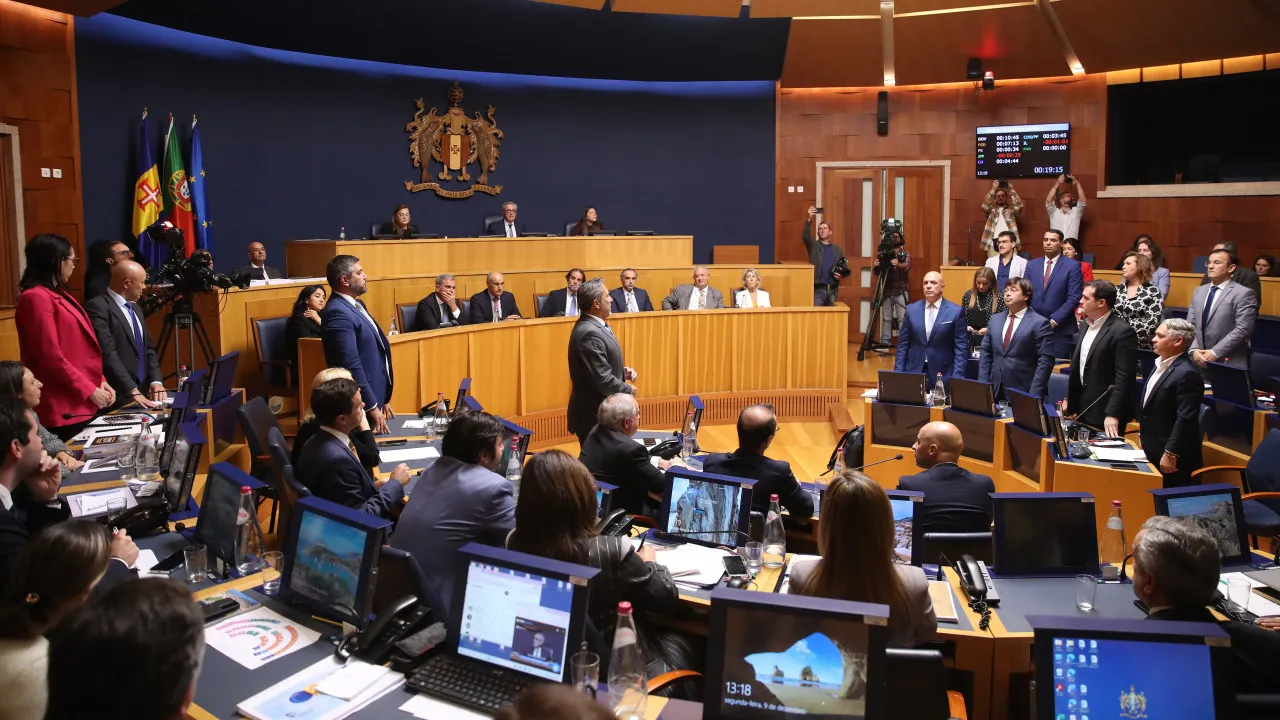Summary:
Madeira's minimum wage increased to €915, the highest in the country.
The 7.6% hike is the largest increase compared to national and Azorean wages.
Opposition criticized the government for past wage increase refusals, labeling the move as electioneering.
Record employment of 126,000 individuals with a 5.7% unemployment rate.
New career structure for Home Support Technicians approved, affecting 500 professionals.
Madeira Approves Regional Minimum Wage Increase
The Madeira Legislative Assembly has unanimously approved the proposal from the Regional Government to set the regional minimum wage at €915 for 2025, marking an increase of €65 over the current rate. This represents a 7.6% increase compared to the existing minimum wage of €850, making it the largest hike in the country.
Ana Sousa, the Regional Secretary for Inclusion, Work, and Youth, emphasized that the proposal balances the sustainability of businesses, family income, social cohesion, dignified work, and the job market. The new wage surpasses the national minimum wage of €870 and the Azores' €913.50 for 2025.
Current minimum wages stand at €820 nationally and €861 in the Azores. Sousa highlighted that this increase positions Madeira as the leader in the Minimum Monthly Guaranteed Remuneration across Portugal, including its islands.
Despite supporting the wage increase, opposition parties such as PS, JPP, Chega, IL, and PAN criticized the government's historical refusal to consider increases above 3%, labeling this latest move as electioneering amid budget discussions.
The 2025 regional budget faced rejection during discussions, with opposing parties voting against it. The PSD and CDS-PP, who have a parliamentary agreement, were the only ones to vote in favor. Sousa attributed the wage increase to the region's economic growth, noting a record 126,000 people employed and an unemployment rate of 5.7%, lower than the national average of 6.1%. The region's GDP is projected to grow significantly, exceeding €6.6 billion in 2023, with expectations to reach €7.1 billion this year.
The opposition argued that the economic growth should also translate into an increase in the average salary. During the meeting, the parliament also unanimously approved a new career structure for Home Support Technicians, affecting around 500 professionals who assist 3,171 elderly individuals. Sousa stated that this recognition is crucial for those ensuring the well-being of the elderly, allowing them to age at home with dignity.
However, she cautioned that the rejection of the 2025 budget could create challenges in implementing this new structure. The initiative aims to create a structured career with clear rights and responsibilities, including ongoing training and fair compensation. Additionally, the Social Security Institute of Madeira is preparing to recruit 80 more professionals for this sector.
All parties showed support for the new career structure, but the opposition criticized the delay in its implementation, which was promised back in 2017.










Comments
Join Our Community
Create an account to share your thoughts, engage with others, and be part of our growing community.